You are here
Back to topTailoring Durian Flavor for China: Malaysian Farmers Dial Down Iconic Bitterness
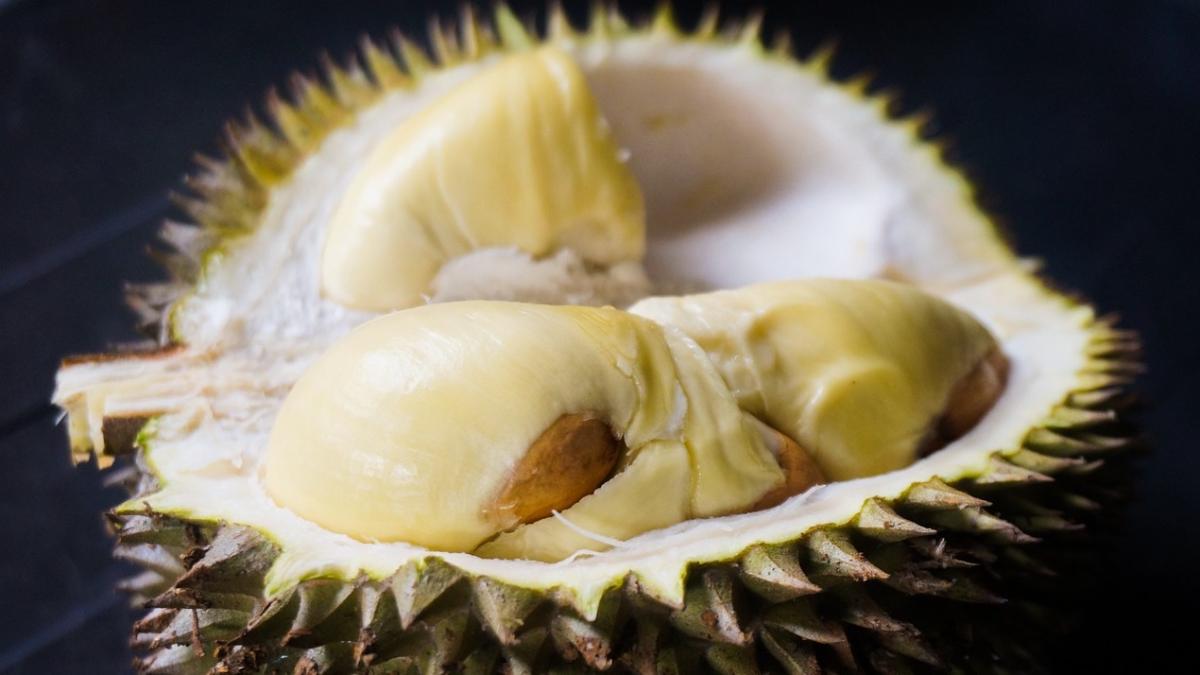
Musang King, Malaysia’s signature durian variety, is known for its rich, sweet flavor accompanied by a hint of bitterness. However, according to local media reports, some farmers are currently attempting to adjust the flavor of their durians to boost the sweetness and eliminate the characteristic bitter aftertaste. These efforts are being motivated by typical consumer preferences in China, where the fruit was granted market access in June of this year.
Zulhazmi Sayuti, director of the Horticulture Research Centre of the Malaysian Agricultural Research and Development Institute, stated that genetically modifying durians to make them less bitter is complex but feasible. The desired flavor profile could be achieved by regulating the genes responsible for glycosides such as saponins that contribute to the bitterness of durians. Pinpointing the exact genes and guaranteeing that other fruit characteristics are not compromised, however, may present a challenge. Furthermore, given Malaysia’s tight regulations on genetically modified crops, the alterations will require thorough testing before being approved for extended usage.
Musang King durians in Malaysia are classified according to the age of the tree. Durians produced by trees under 20 years old are referred to as young fruit, whereas those produced by trees over 20 years old are referred to as old fruit. The flavor of durians changes depending on the maturity of the tree, with the pulp generally tasting increasingly bitter as the tree grows older.
Datuk Anna Teo, general secretary of Malaysia’s Durian Manufacturer Association, also commented on the matter, saying that many Musang King durians currently being marketed are not what they once were, with the color and aroma of the fruit noticeably diluted. She stated that the flavor of the fruit may be altered by varying the degree of fermentation, which is a natural process that occurs during ripening. The emphasis, however, should be on enhancing fruit quality and cultivation practices rather than merely boosting sweetness.
Lawrence Ting Siew Haw, president of the Federation of Malaysian Fruit Farmers Association, emphasized the use of organic fertilizers as a method to enhance durian flavor. He added that the flavor of Malaysian durians, with their distinctive bitter aftertaste, differs from that of Thai durians, attributing the difference to the country’s climate and soil characteristics.
While Malaysians are known for enjoying the mild bitterness of durians, consumers in other countries may have different preferences. Thus, some local durian growers, such as orchard owner Stephen Chow, have been tailoring their offerings to satisfy foreign palates by picking durians from younger or older trees as desired. In regard to China, the requirements for durian exports currently include plump flesh and five locular units in Musang King, said Chow. No requests for reduced bitterness have reportedly been received, however.
Malaysian durians started arriving in China in August of this year. Prior to that, the Southeast Asian country had been exporting frozen durian products and frozen whole durians since 2011 and 2019, respectively. According to data from the Durian Manufacturer Association, Malaysia supplied the Chinese market with 25,000 metric tons of frozen durians and durian pulp in 2023.
Image: Pixabay
This article was based on a Chinese article. Read the original article.



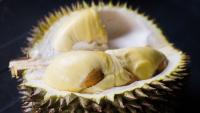
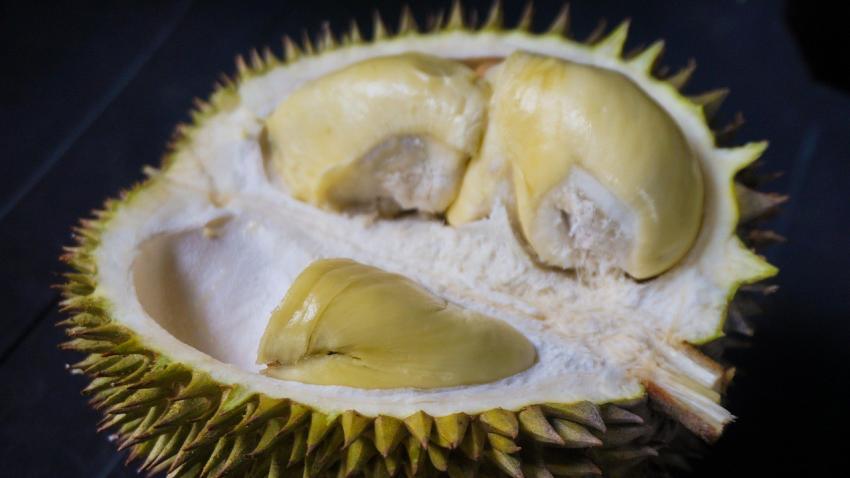
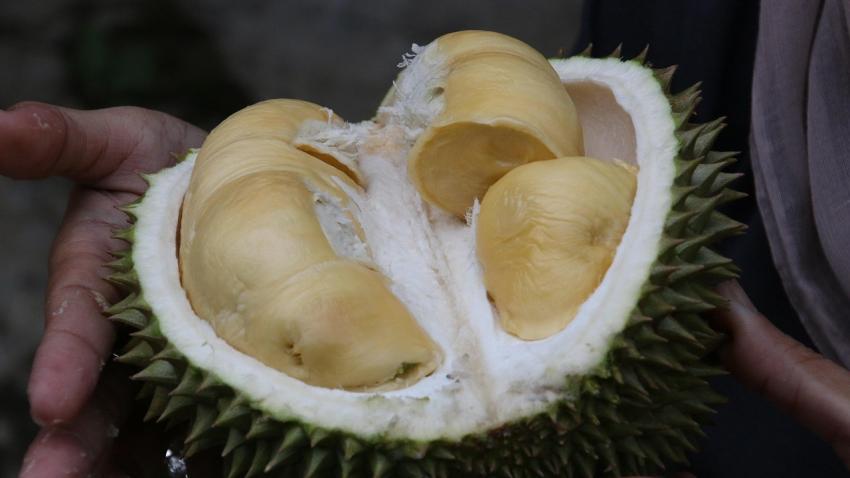
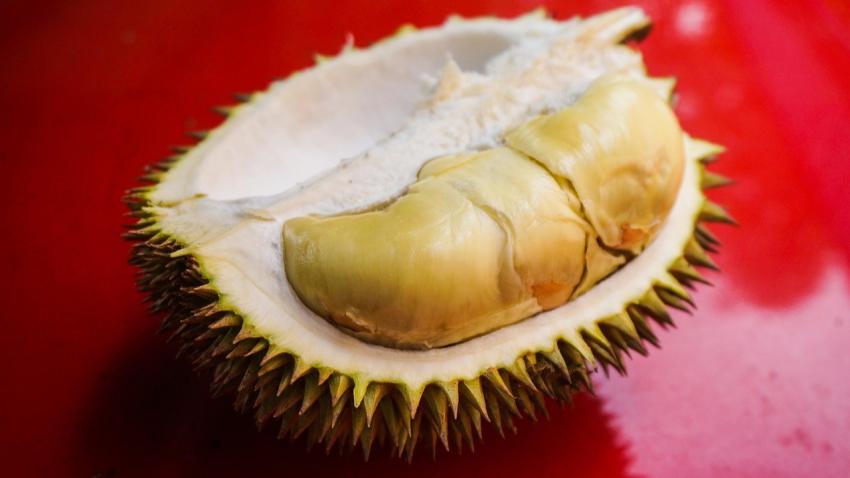
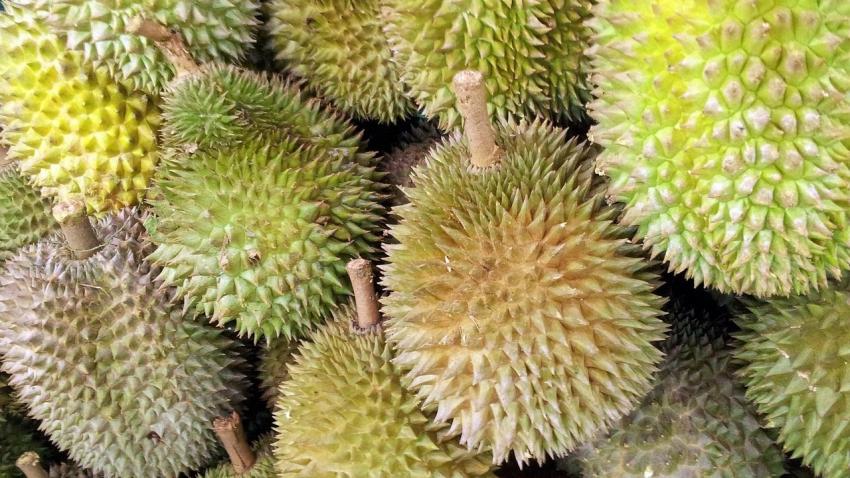







Add new comment